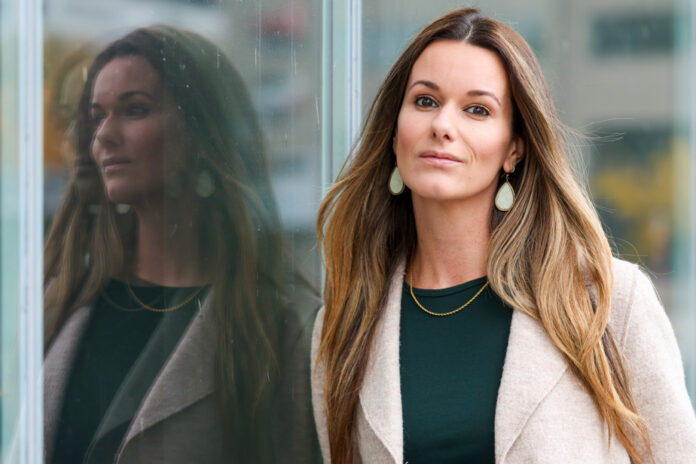“I couldn’t wait to find Michel Jean’s pen again because I have read everything he has written so far. Every time, there is something that moves me, that moves me. He has a gift for writing words from the heart. He always makes us discover parts of the history of indigenous peoples that we know less about because they were not taught to us or because they were hidden from us. We access with great humility the pain of the trials of our ancestors. And that, for me, always generates awareness. This is also truth and reconciliation, taking the time to delve into stories that are inspired by real events that indigenous peoples have suffered. »
“I went to the Yukon and Dawson City when I was 14 to learn English. The description of the small village is so accurate that I felt like I was walking the streets again. What blew me away for a first novel and what I found exceptional was the rhythm and casualness of the writing. I liked that it was raw and unfiltered, I liked this foray into the punk lifestyle; It sometimes reminded me of The Goddess of Fireflies, by Geneviève Pettersen, which I loved. […] I am still so attached to the character of Sacha that I want to cry of anger and injustice with her; and that’s what she succeeds in translating. It’s rare that it hits me like that. »
“We are with a woman who is separated from her husband, who went missing against the backdrop of the civil war in Lebanon. She immigrates to Canada with her son and that’s where it becomes the journey of a mother who leaves everything behind. […] What struck me were the parallels that we can draw with the reality of newcomers, the resilience of this mother, her devotion to her child. It should be made compulsory reading in the school curriculum. […] This book, I would put it next to Where I hide, by Caroline Dawson, and What I know about you, by Éric Chacour. It’s a story of uprooting and putting down roots that restored my faith in humanity. »















